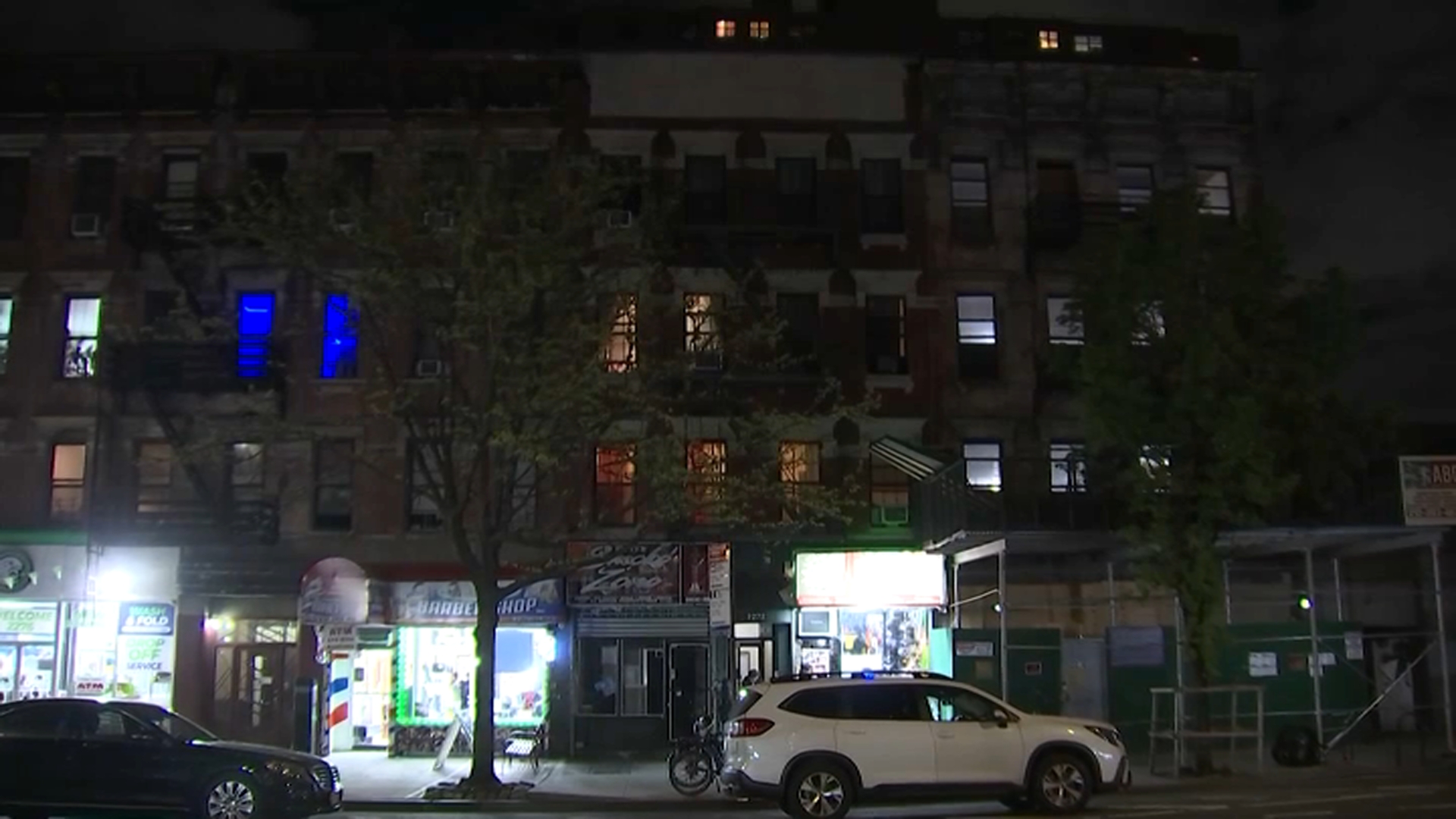A Spanish bank that was among the biggest losers in the Bernard Madoff swindle has cut a deal to avoid a legal brawl with the trustee trying to unwind the massive Ponzi scheme.
The settlement, announced Tuesday, calls for Banco Santander to pay $235 million to resolve potential legal claims over withdrawals a subsidiary made from its investments with Madoff in the 90 days before the fraud collapsed.
In exchange, the trustee has agreed to recognize that Santander's hedge-fund subsidiary, Optimal Investment Services, lost far more in the scam than it withdrew. Two funds managed by the Geneva-based firm had a net loss of $1.55 billion.
Official recognition of that loss will allow Optimal to eventually recover a large share of whatever money is available for Madoff's victims.
Counting the millions that Santander has now agreed to contribute, that pool of reimbursement assets is now worth about $1.2 billion.
The settlement, which still needs to be approved by a U.S. court, represents the latest step Santander has taken to resolve its entanglements in the case.
About 93 percent of the bank's clients have already signed on to a separate settlement in which the bank agreed to refund all of their lost principal.
Local
Madoff has pleaded guilty to running one of the largest Ponzi schemes in history. He admitted stealing billions of dollars from some investors to pay fraudulent profits to others. Thousands of investors were bilked out of a total of $65 billion.
The trustee, Irving Picard, was appointed by the courts to recover whatever was left of the victims' assets and return as much money as possible to its rightful owners.
In pursuit of this goal, Picard has filed lawsuits against several feeder funds that steered customers into the fraud, saying that they should have known Madoff's operation wasn't legitimate.
Tuesday's deal guarantees that the trustee will take no such action against Santander or Optimal.
U.S. bankruptcy law often requires investors receiving money from an insolvent brokerage to return all money they withdrew in the 90 days before a collapse. Under the settlement, Optimal will be required to return only 85 percent of the money withdrawn during that period.
Picard said in a statement that he hoped the deal with Optimal would spur other companies to settle, "for the benefit of all of Madoff's victims."
Optimal's investors saw more than $3 billion in presumed wealth evaporate in the fraud, but about half of that loss represented profits that turned out to be fictional.
Last week, hedge fund manager Ezra Merkin, who invested billions of dollars of his clients' money with Madoff, agreed to relinquish control of his funds to court-appointed trustees.
And in Florida, some of Madoff's victims auctioned off personal heirlooms to try to recoup some of the money they lost. One item -- a 70-carat diamond and emerald necklace -- had a pre-sale estimate of $150,000, The New York Post reported. On the open market, it could have gone for $400,000, but instead went to a man who gave it to his wife after his winning bid of $75,000 at the Florida gallery, according to The Post.
Also last week, the man overseeing the liquidization of Madoff's assets received a $100 trillion offer for Madoff's company, the Post reported. Irving Picard appears to think the offer is bogus, but a man named Ade Ogunjobi told the newspaper that it's a serious offer.



